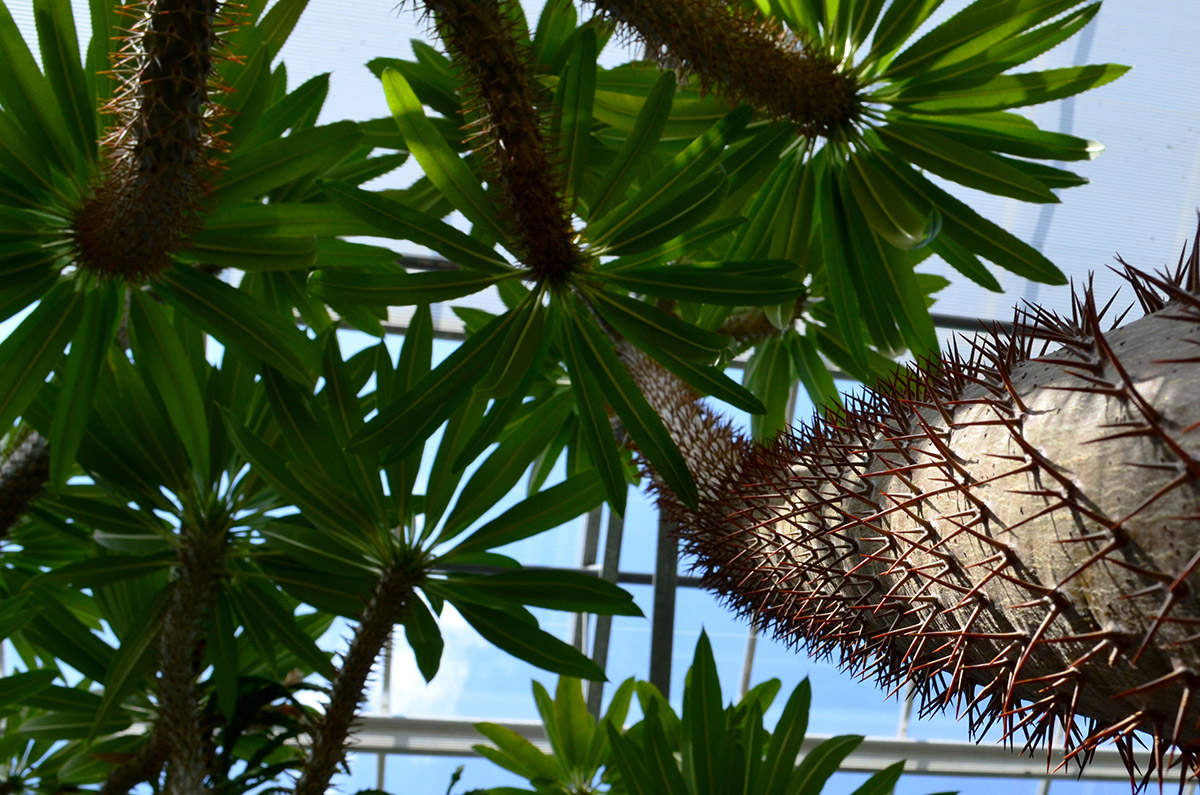About us
Our main mission is to conduct high-quality research on biodiversity and ecosystems, including aquatic and terrestrial life. Our centre is primarily dedicated to ecological research, but many of our studies are related to the impact of agriculture and forestry on biodiversity, traditional ecological knowledge or interdisciplinary topics.
We are working hard to integrate institutes and disciplines, as it is difficult to tackle complex environmental challenges in isolation. In addition to research, we are committed to building bridges between science and society, and thus are involved in EU and global policy development.
The Institute of Evolution is the largest theoretical evolutionary biology scientific centre in Hungary, with research interests spanning all levels of biological organisation. We investigate the origin of life, transitions in evolution involving large increases in complexity (including the origin of human language and cooperation), evolutionary aspects of neural networks, the relationship between learning and evolution, and evolutionary-ecological processes, with a particular focus on the dynamics of emerging infectious diseases under the impact of climate change.
The Institute of Ecology and Botany seeks to propose scientific solutions to the environmental challenges of our time, such as land-use change, habitat degradation, climate change, urbanisation, the effects of intensive agriculture, invasions, and the emergence of new diseases. The Institute’s nearly 80 researchers, organised in research groups, work on a wide range of organism groups and habitats, using a variety of methodological approaches. In addition to its basic research activities, the institute carries out a number of public monitoring and applied research activities.
The Institute of Aquatic Ecology is the largest scientific centre in Hungary which considers its mission to be the outstanding regional engagement in the field of aquatic ecology and its co-studies, and to establish and represent international research trends in Hungary. The Institute’s primary mission is to conduct basic research, with a special focus on integrative, systems ecology approaches to climate change, invasions and anthropogenic impacts on water, thus contributing to the maintenance and improvement of the ecological status of our domestic waters.
Our history
The Hungarian Academy of Sciences (MTA) reorganised its network of research institutes in 2011. Thus, on 1 January 2012, it established the MTA Centre for Ecological Research. During the transformation, the MTA Institute of Ecology and Botany and the MTA Danube Research Institute were integrated into the MTA Balaton Limnological Research Institute. Currently, our institution is called ELKH Centre for Ecological Research, and its three institutes are the Institute of Ecology and Botany, the Institute of Aquatic Ecology and the Institute of Evolution.

The Hungarian Academy of Sciences (MTA) reorganised its network of research institutes in 2011. Thus, on 1 January 2012, it established the MTA Centre for Ecological Research. During the transformation, the MTA Institute of Ecology and Botany and the MTA Danube Research Institute were integrated into the MTA Balaton Limnological Research Institute. Currently, our institution is called ELKH Centre for Ecological Research, and its three institutes are the Institute of Ecology and Botany, the Institute of Aquatic Ecology and the Institute of Evolution.
National Botanical Garden

National Botanical Garden
Hungary's richest, internationally renowned botanical garden showcases 13,000 plant species and varieties in a sentimental landscape garden that dates back two centuries. A national nature reserve and historic monument, a strategically important gene bank, an inexhaustible repository of research and education, a living museum. An ecotourism attraction offering experiences, curiosities and programs in every season, visited by more than 100,000 visitors a year.








